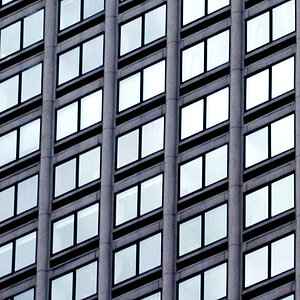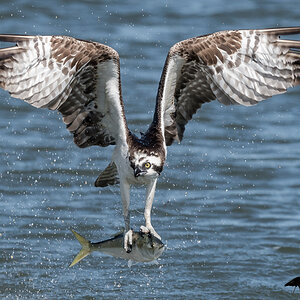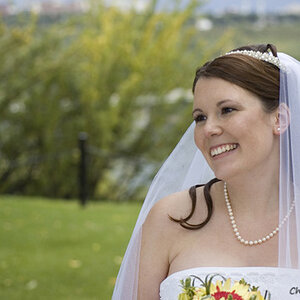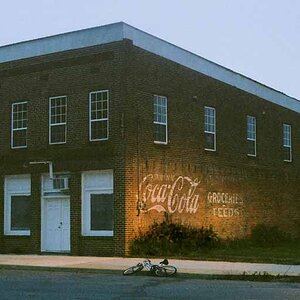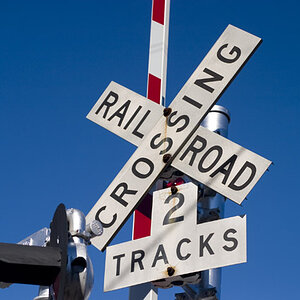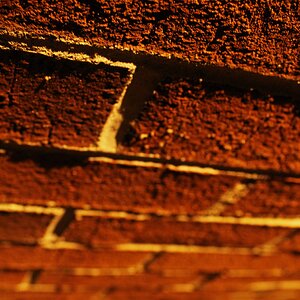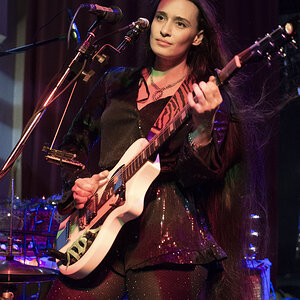Josh66
Been spending a lot of time on here!
- Joined
- Oct 31, 2007
- Messages
- 14,593
- Reaction score
- 1,239
- Location
- Cedar Hill, Texas
- Can others edit my Photos
- Photos NOT OK to edit
Garbz, how much do you usually stop down for IR?
I almost always shoot IR wide open. I can't say that it's ever really casued any DOF issues. (I've never really tested for sharpness issues though.)
If you have a lens that causes hot spots, shooting wide open will help. It probably won't completely get rid of the hot spot, but it will make it smaller and less pronounced.
I need to go through my lenses again and figure out which ones produce a hot spot...
(I think I have a link somewhere in my bookmarks that has all of that in it.)
For the ones that do not have it, I think I'll try to start using 'normal' apertures.
I was just wondering if you had been doing the same, or if you use the same aperture as you would in visible light.
I almost always shoot IR wide open. I can't say that it's ever really casued any DOF issues. (I've never really tested for sharpness issues though.)
If you have a lens that causes hot spots, shooting wide open will help. It probably won't completely get rid of the hot spot, but it will make it smaller and less pronounced.
I need to go through my lenses again and figure out which ones produce a hot spot...
(I think I have a link somewhere in my bookmarks that has all of that in it.)
For the ones that do not have it, I think I'll try to start using 'normal' apertures.
I was just wondering if you had been doing the same, or if you use the same aperture as you would in visible light.


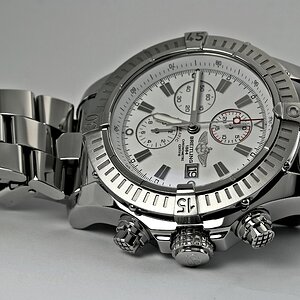
![[No title]](/data/xfmg/thumbnail/38/38722-8003d9d84f1c7164b5c8f2b884c2e428.jpg?1619738702)
![[No title]](/data/xfmg/thumbnail/33/33875-e155733428c9a8d5f34bbc19e80e29a6.jpg?1619736181)
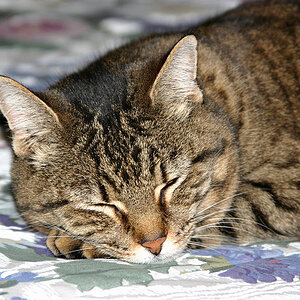
![[No title]](/data/xfmg/thumbnail/31/31086-ae0d6678ca78859132ce5375d5300961.jpg?1619734602)
